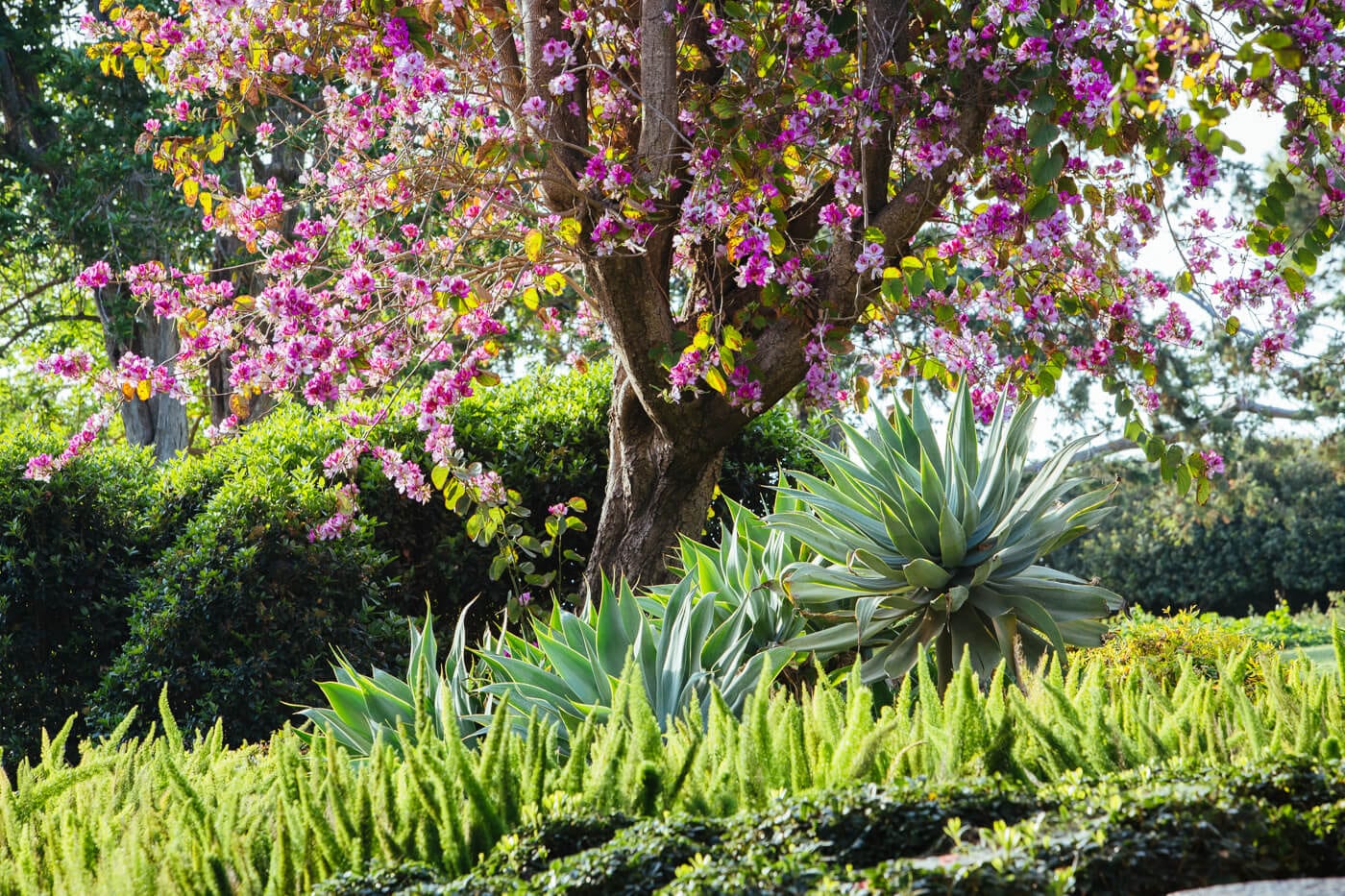
In 2007, a master plan for Ramat Hanadiv was initiated. For the first time since its establishment, a vision as well as aims and ideas were formulated to guide on-site operations.
The vision’s approach developed from the historical context of Ramat Hanadiv, expressed by the ‘Ramat Hanadiv Act’, 1958. According to this act, Ramat Hanadiv is intended for use as a public garden and park dedicated to the memory of Baron Rothschild. To this was added the recognition of the uniqueness of Ramat Hanadiv as a typical Mediterranean – Israeli landscape.
This landscape unit represents similar open landscapes in Israel, with its species diversity and richness, and carries the characteristic dilemmas and issues related to managing open landscapes that do not aspire to be ‘closed bubbles’.
Ramat Hanadiv’s vision reflects an ongoing desire to achieve a balance between heritage values and environmental values, and between activities focused on humans and activities focused on nature conservation:
.

The decision to prepare a master plan reflected recognition that the scope and scale of activities at Ramat Hanadiv have increased. In a process led by an external planner and guided by a steering committee, Ramat Hanadiv consolidated its identity and defined the vision that would guide its work. The guiding values were defined more clearly and were discussed by Park staff and by external entities and experts. The next stage in the process was the definition of long-term goals and objectives.
The hope is that the master plan will enable management and staff to guide future activities in desirable directions, and to identify and respond to new opportunities so as to optimize the utilization of existing resources.
Vision
Ramat Hanadiv is a living memorial to Baron Edmond de Rothschild, operating for the benefit of the Israeli public as a whole and for generations to come.
Ramat Hanadiv plays a leading role in the management of natural and cultural resources based on sustainable interactions between man, nature and the environment, and encourages understanding and appreciation of this ideal.
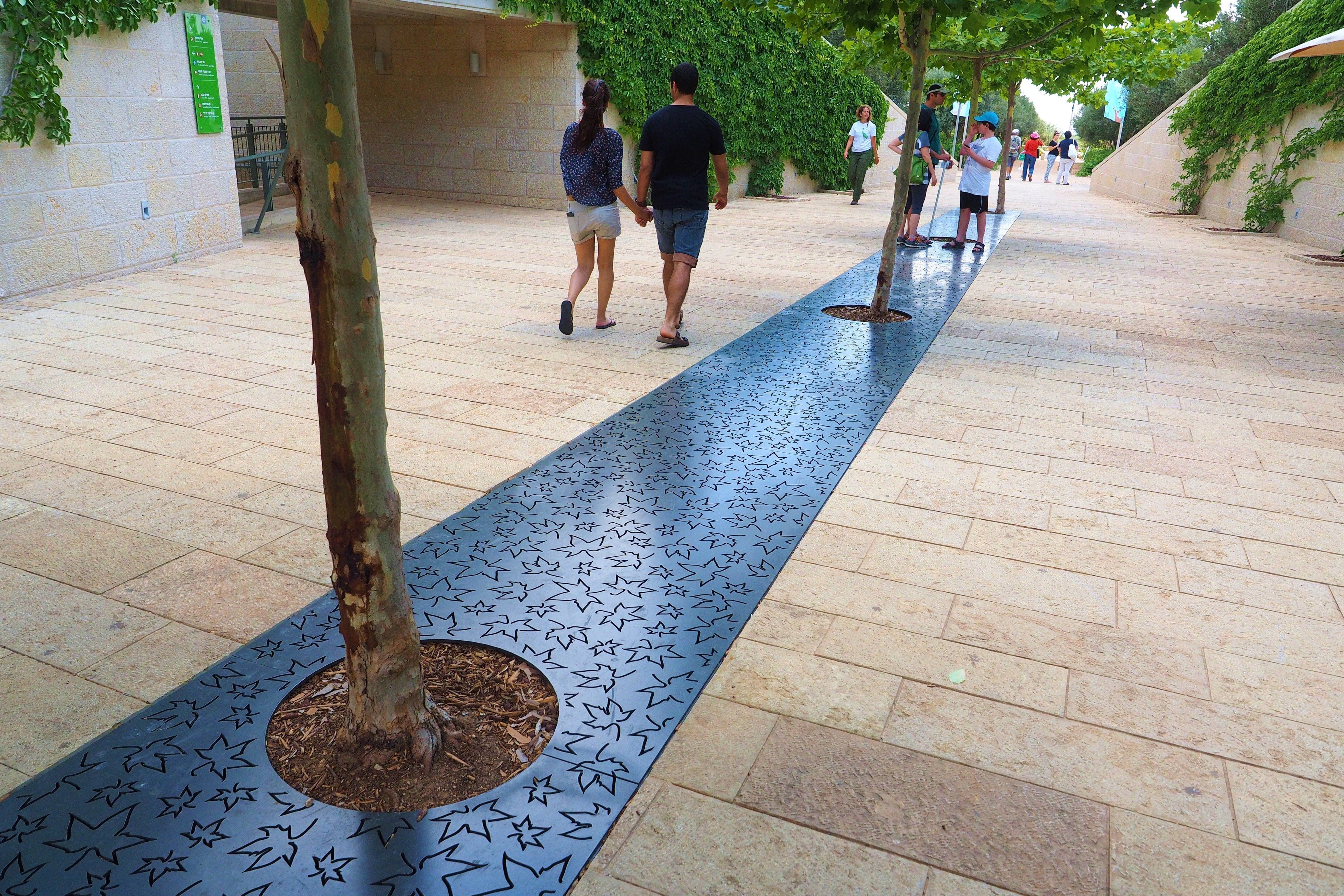
Guiding Principles
- Excellence – Setting high standards in landscape management, education, heritage preservation, research and community outreach
- Innovation and Creativity – Conceiving and adopting new methods of implementing Ramat Hanadiv’s goals
- Tranquillity, Simplicity and Enjoyment – Maintaining a site that serves as a place providing recreation, peace and tranquillity for all who enter its gates
- Openness and Interaction – Creating a site that welcomes diverse individuals and communities with openness and tolerance
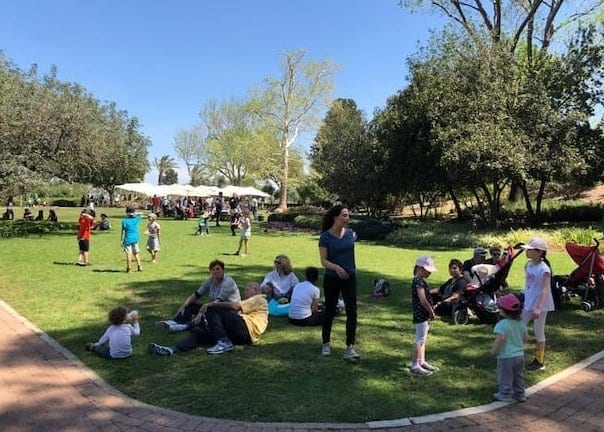
Our efforts to realize this vision will be based upon:
• Commemoration of the memory and legacy of Baron de Rothschild, the ‘well known’ benefactor
• Cultivating a calm, peaceful and enjoyable environment for all who enter the gates of Ramat Hanadiv
• Cultivating the Memorial Gardens, its heritage and aesthetic values, and making it accessible to the public
• Rehabilitating disturbed areas according to their needs, and restoring certain parts of natural and human systems for demonstration purposes or to diversify the landscape.
• Managing and developing the Nature Park according to principles of ecological sustainability
• Embodying and providing examples of sustainable relationships between humankind and the environment
• Preserving and nurturing ecosystems and biodiversity
• Illustrating with due respect the various traditions of settlement, agriculture, and architecture, and studying their implications and significance for our day.
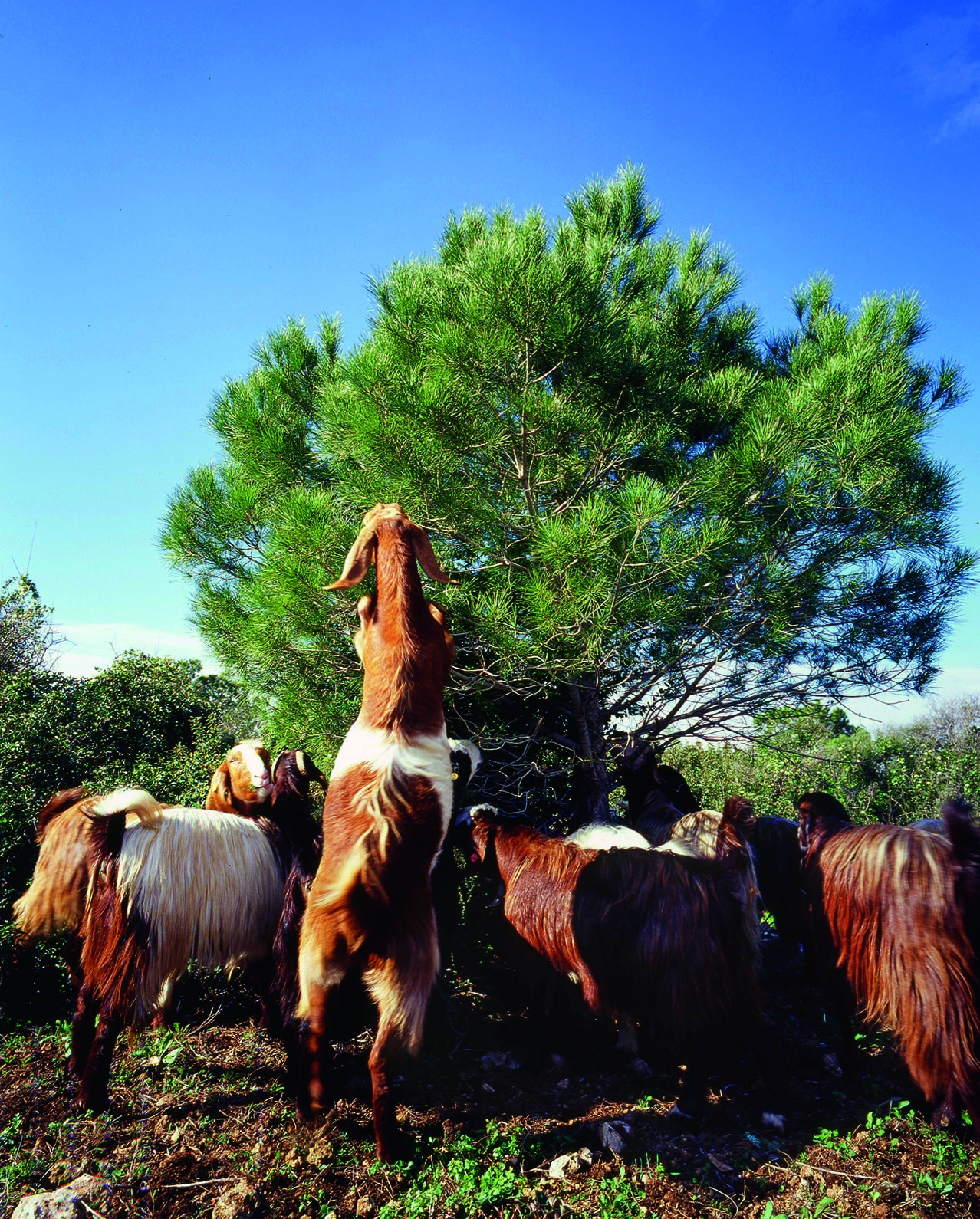
On the basis of the above, guidelines were formulated for activities in the various work areas at Ramat Hanadiv: the active management of the Memorial Gardens and Nature Park, and the areas of visitors and recreation; educational programmes for schools and scientific research.
Active Management
Active management and maintenance based on intimate knowledge and understanding of the site and use of calculated intervention to perpetuate harmonious and sustainable systems at Ramat Hanadiv
The Memorial Gardens – Active Management
Cultivation of the Gardens dedicated to the memory of Baron de Rothschild, for the benefit and enjoyment of the public.
Commitment to preserving the delicate balance between development, improvement and renewal on the one hand and preservation of the original planning and guidelines on the other, while keeping in mind current needs and the culture associated with the site.
The Nature Park – Active Management
Management based on research and knowledge which seeks balance and moderation of human and ecological needs, above all favouring renewable resources over exhaustible ones and an appropriate integration of cultivated and natural landscapes.
Documentation of management practices in order to assess their influence on the natural systems and adaptation of activities accordingly.
Dissemination of knowledge gained, for professionals in the field.
Visitors and Interpretation
Encouraging a broad and varied public to visit Ramat Hanadiv.
Offering opportunities to enrich the visit and enhance awareness; to develop an understanding of open landscapes and gain knowledge of the site.
Advancing local community involvement in the available leisure activity.
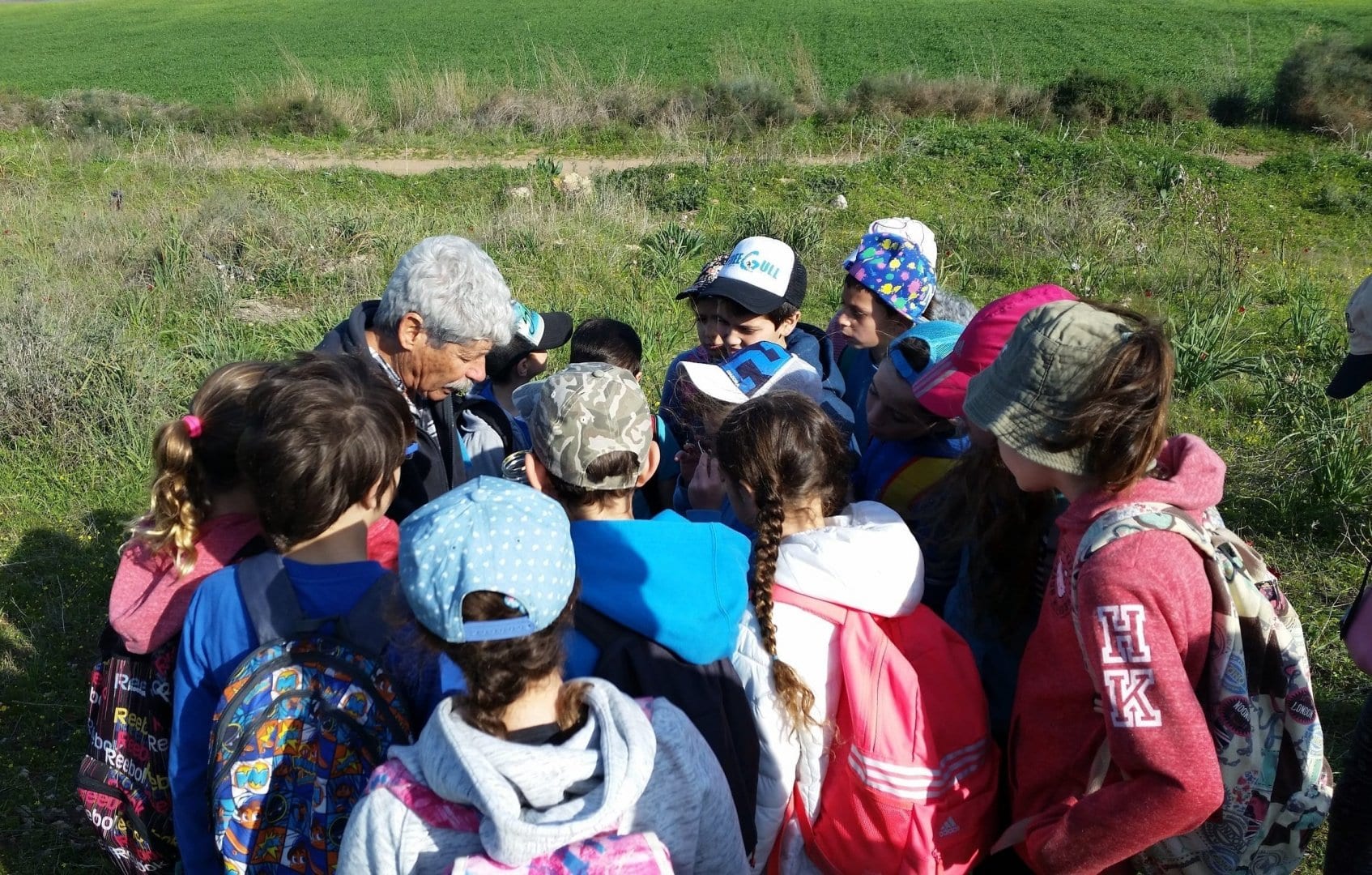
Educational Programs for Schools
Cultivating the study of the interaction of man and the environment at Ramat Hanadiv in order to create an ‘informed love of nature’
The teaching/learning process will consist of activities in the classroom, on the Internet and in the field, and will be adapted to the formal state school curriculum.
Curriculum development at Ramat Hanadiv and its implementation will focus on content relevant to the site, which can serve as a model and inspiration to the educational community in Israel and abroad.
Scientific Research
Familiarizing the academic community with natural systems and human-environmental relationships and their influence on the decision making process which is integral to park management Supporting site and time-specific research together with Long Term Ecological Research Creation of a database (LTER), which will contribute to relevant fields of study at Ramat Hanadiv and to enriching the public and the scientific community in Israel and abroad.
Any question? We will be glad to help
Of further interest...
Accessibility
Visually Impaired
Many trails traverse the Memorial Gardens. We recommend this route, but you can choose to walk another route
Sustainability
Sustainable Gardening
Sustainable gardening is defined as gardening that considers the needs of the current generation without harming the needs of future generations. It includes garden design that considers the existing elements on site – the landscape, soil, environment and vegetation suitable for the region
Dining Here
Dining-Kiosk
Refresh yourself at the Kiosk with a drink or snack. The kiosk is open daily.

